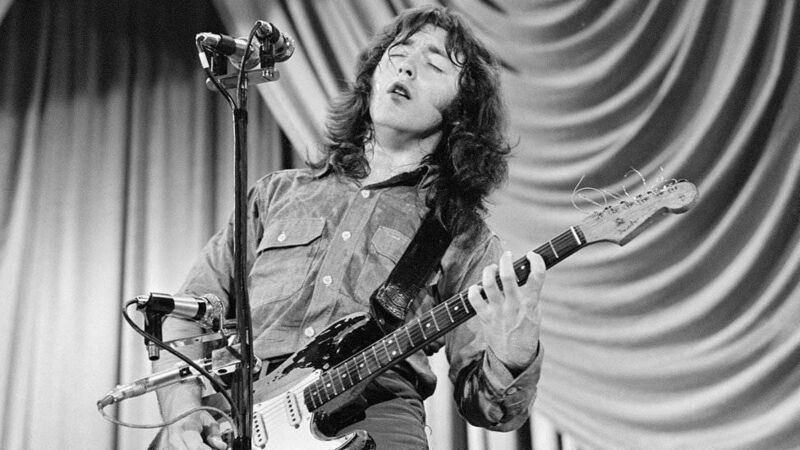Tom Dunne: Rory Gallagher's links to the Aiken family forged at the height of the Troubles

Rory Gallagher will be celebrated at Live at the Marquee in Cork next year.
The Rory Gallagher celebration starring Joe Bonamassa at the Marquee in Cork next July will be significant for so many reasons. Joe will be playing most of the set list from the Irish Tour ’74 album. I’m not saying Irish music wouldn’t be where it is now without that album. But it would be different.
Large sections of that album were recorded at City Hall in Cork. But a lot was recorded in Belfast, after the Christmas of 1973 and into the early new year. That was not an easy thing to do then. Around 250 had died in the Troubles in 1973 alone. People thought playing there was crazy. But Rory was determined.







